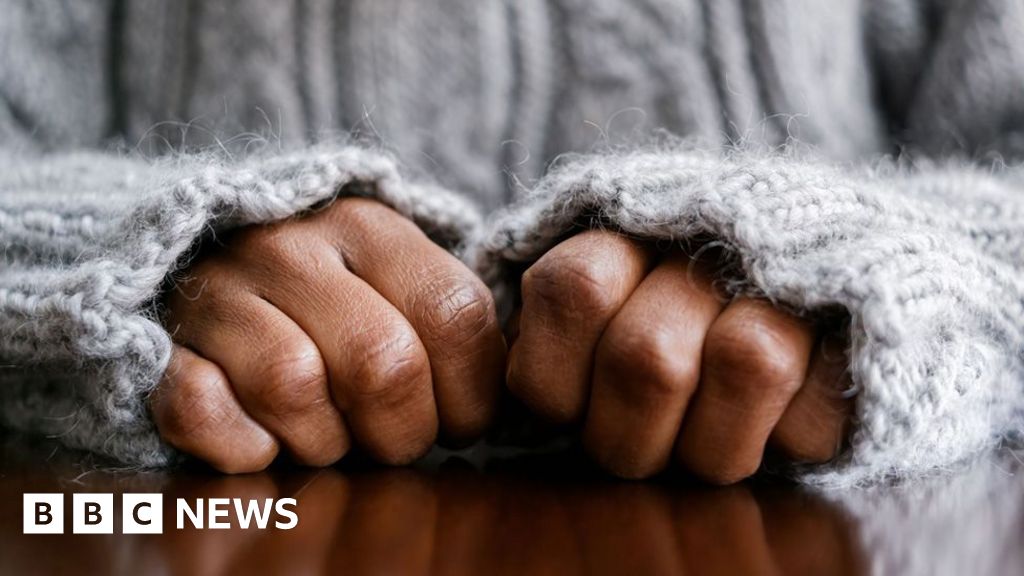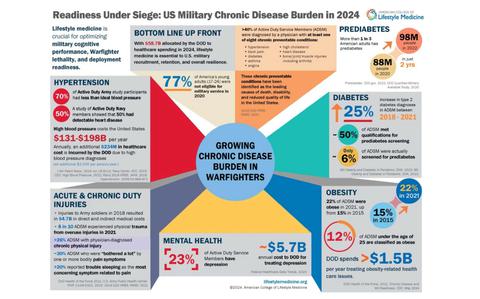Back-to-School: Supporting students’ mental health

BLACKSBURG, Va. (WDBJ) – A new school year is here. Although it’s an exciting time, we’ve seen the role mental health can play on kids’ learning, curricular activities and physical health.
“Students work best when they’re at their best. When they’re comfortable, when they feel good and when they’re healthy,” said Montgomery County Public Schools Student Services and Safety Director Jason Garretson.
A 10-year study by the Centers for Disease Control and Prevention shows 40% of students experience persistent feelings of sadness or hopelessness, a trend that’s concerning for many school districts, including Montgomery County Public Schools. Its guidance counselors are on the front lines, year after year, providing a safe space for students to share their feelings.
“They’re also our experts in being able to step in and say this is part of growing up. This is maybe a normal thing that many students will experience, versus this is much more concerning. I think within our building the school counselors do a great job at being out there, being seen. Building those relationships, coming to classes, being in the cafeteria, going to afterschool programs, being at prom. All those opportunities to show that I’m here for you, I’m here to support you,” said Garretson.
UnitedHealthcare agrees a student’s mental health is more important than we realize.
“The start of the school year can be exciting for some kids, and it can be quite stressful and anxiety-provoking for others who are actually worried about what are my experiences going to be?” said UnitedHealthcare Chief Medical Officer Dr. Mohamed Ally.
There are some signs of changes in a child’s mental health to look out for. They include feeling sad or anxious often, not wanting to do activities that used to be fun, as well as sudden changes in appetite, or feeling easily frustrated or restless. Dr. Ally said it’s critical for parents, guardians and teachers to be aware of these signs and allow students to feel acknowledged and heard.
“Listening without interrupting. Listening without asking too many questions but still reflecting back to let them know ‘oh you heard me,” said Dr. Ally.
MCPS said it’s prepared for when the time comes for students wanting to talk, which is why they are expanding mental health resources including working with local mental health providers such as New River Valley Community Services, National Counseling Group and the National Alliance on Mental Illness in the New River Valley.
“We also look to pilot some programs this year called Speak Out through Gaggle, which will make mental health counseling services available 24/7. So, if it’s outside a school day, weekend, winter break. If a student has a need they can reach out and get that support. The school also receives a follow up from that as well,” said Garretson.
Dr. Ally said the following steps help reduce stress and support a healthy start to the school year:
- Create or Re-establish Routines: What time does the family sit down for dinner? When is homework time? What is the limit for screen time? When is “lights out” at night? What time do alarm clocks ring? The answers are important. Sticking to schedules can create consistency at home that may help your child feel more confident, secure and stable.
- Schedule a Well-Child Visit: Think of a well-child visit as an opportunity to understand your child’s health needs better. Pediatricians can assess your child’s physical & emotional health before school starts, setting them up for success for the rest of the year. It’s also a great time to complete their school’s physical forms and to get current on immunizations. UnitedHealthcare offers a printable preventive care checklist.
- Discuss Mental Health: Bringing up mental health can show your child that it’s okay to start those conversations and that they always have a support network they can rely on. If they do talk about being scared or nervous, validate their feelings. Focus on your child’s overall disposition — not just what they’re saying — and watch for warning signs of issues, such as persistent sadness, sudden mood changes, or sleep problems.
- Help Develop Independence at Home: For younger kids entering preschool or kindergarten, encourage your child to dress themselves, use the bathroom without assistance, wash their hands and put on their shoes. They should also be comfortable asking an adult for help when needed.
“
Copyright 2024 WDBJ. All rights reserved.
link






